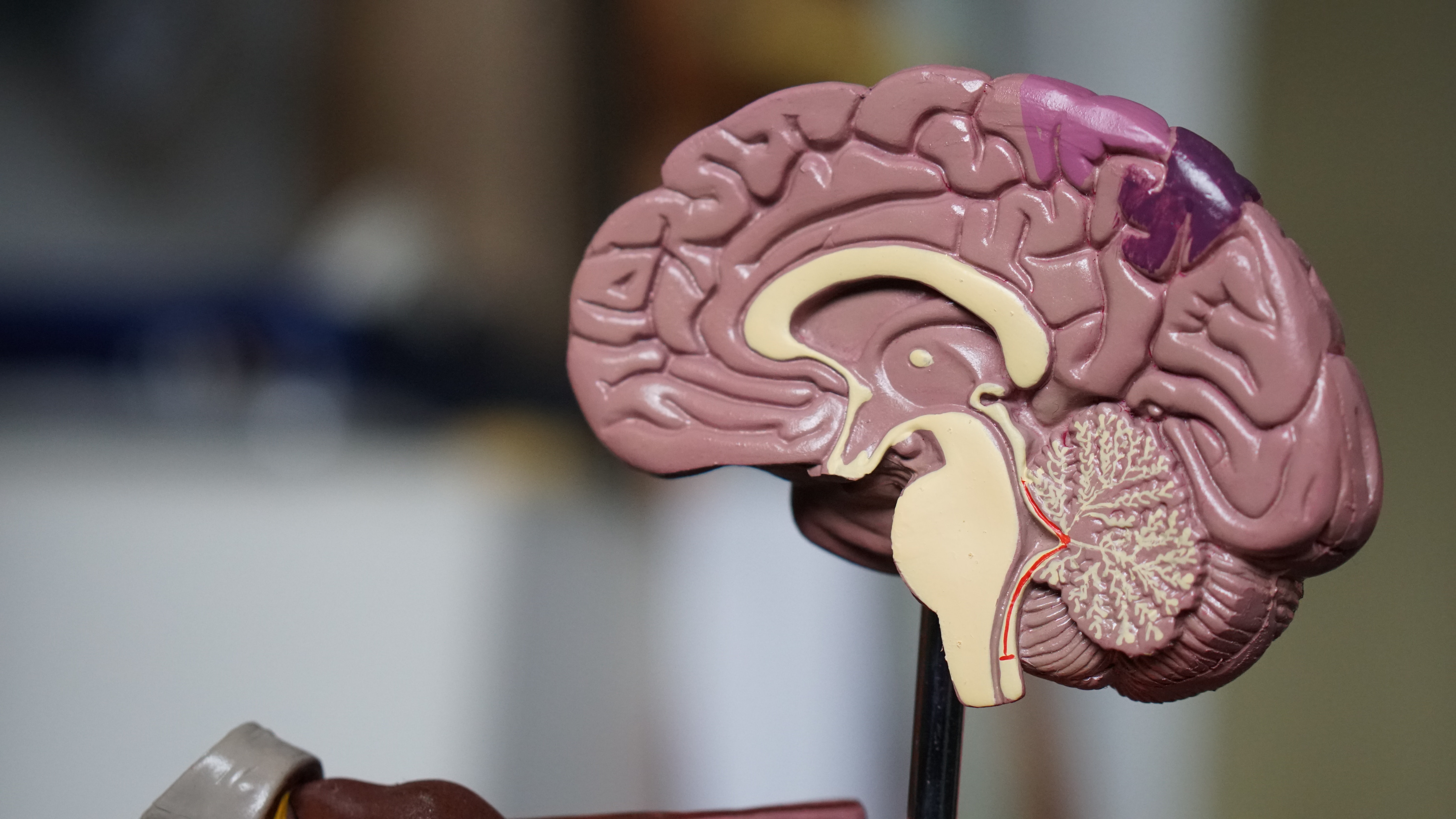In reflecting on the magnitude of research and clinical activities that brain health includes, I am humbled by all the contributions that are being made to neuroscience. Neuroscience is still very young, with so much to explore and understand. It is for this reason that I have remained intrigued, challenged and passionate about neurorehabilitation.
At BrainFx, our mission is to measure and understand the effects of mild to moderate brain disorders on real world function. We believe that measuring function is key for a couple of reasons:
- Having a brain impairment (i.e., on imaging, or biomarkers, or EEG, etc) does not always translate to having dysfunction or a disability in real life.
- If a brain impairment does not show up on imaging but a person has dysfunction or disability, it doesn’t mean that the brain impairment does not exist. It can mean that we have not yet been able to ‘see it’ or that we do not yet have tools sensitive enough to measure the impairment.
Our healthcare systems need to demonstrate accountability and evidence and we believe that the outcome measures of function need to be part of the solution. Consider that when we seek healthcare, it is usually because we are experiencing symptoms that are interfering with our ability to function and participate in what we want to do in life. Increasing our understanding of how our clinical treatments can prevent, minimize, or eradicate dysfunction are important measures in assessing the ‘health’ of our health care systems.
In the area of brain disorders, we have our work cut out to even understand healthy function, let alone understand when something has changed that needs medical or rehabilitation attention. The earlier we understand when something has changed, the better our ability to minimize disability and improve quality of life.
This is our mission. This is our challenge. Make it yours too and help us make the invisible effects of brain disorders VISIBLE together.
Tracy Milner, Co-Founder and CEO



